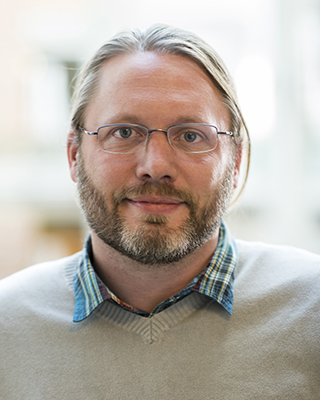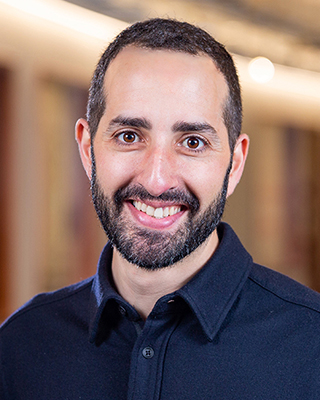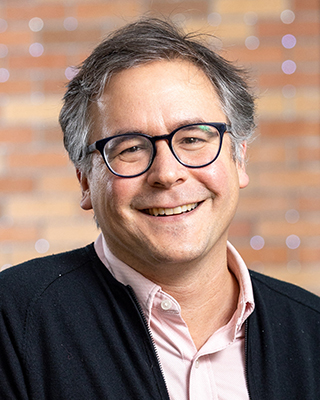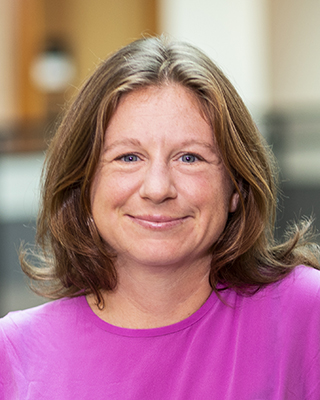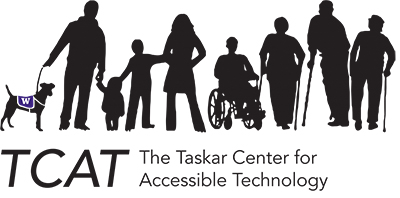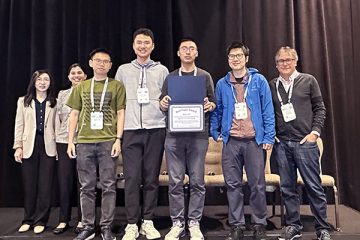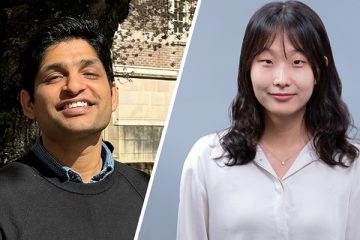Allen School researchers are at the forefront of exciting developments in AI spanning machine learning, computer vision, natural language processing, robotics and more.
We cultivate a deeper understanding of the science and potential impact of rapidly evolving technologies, such as large language models and generative AI, while developing practical tools for their ethical and responsible application in a variety of domains — from biomedical research and disaster response, to autonomous vehicles and urban planning.
Groups & Labs
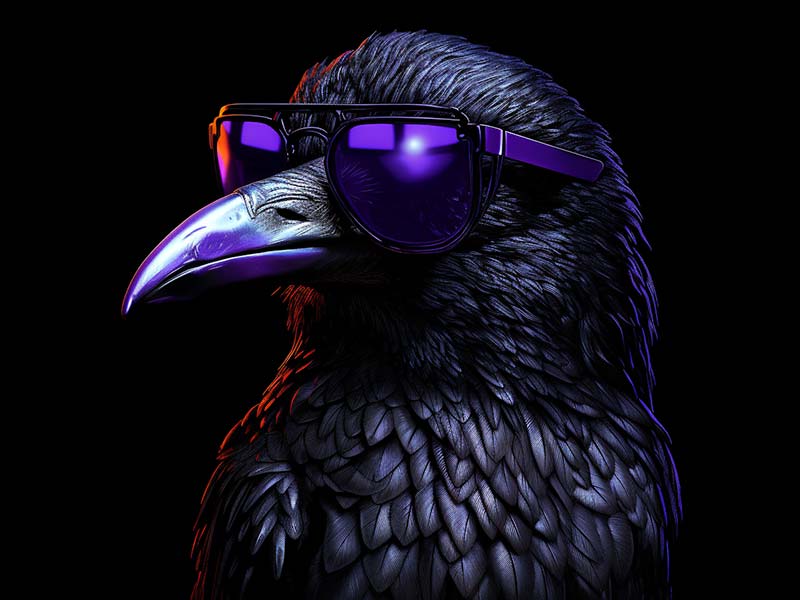
RAIVN Lab
The Reasoning, AI, and VisioN (RAIVN) Lab directed by Prof. Ali Farhadi and Prof. Ranjay Krishna focuses at the intersection of computer vision, machine learning, natural language processing and robotics and is targeted towards helping computers…
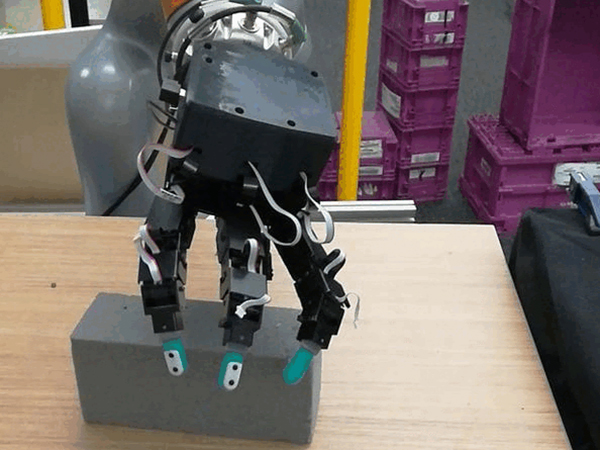
WEIRD Lab
The Washington Embodied Intelligence and Robotics Development lab is interested in robotics problems, and currently we are thinking deeply about reinforcement learning algorithms to enable real-world robotic manipulation tasks in the home.
Faculty Members
Centers & Initiatives
IFDS organizes its research around four core themes: complexity, robustness, closed-loop data science, and ethics and algorithms. By making concerted progress on these fundamental fronts, IFDS aims to lower several of the barriers to better understanding of data science methodology and to its improved effectiveness and wider relevance to application areas.
TCAT harnesses the power of open-source technology to develop, translate, and deploy accessible technologies, and then sustain them in the hands of communities. Housed by the Paul G. Allen School for Computer Science & Engineering, TCAT centers the experience of people with disabilities as a lens for improving design & engineering, through participatory design practices, tooling and capacity building.
Highlights
Allen School News
Allen School News
Allen School News

